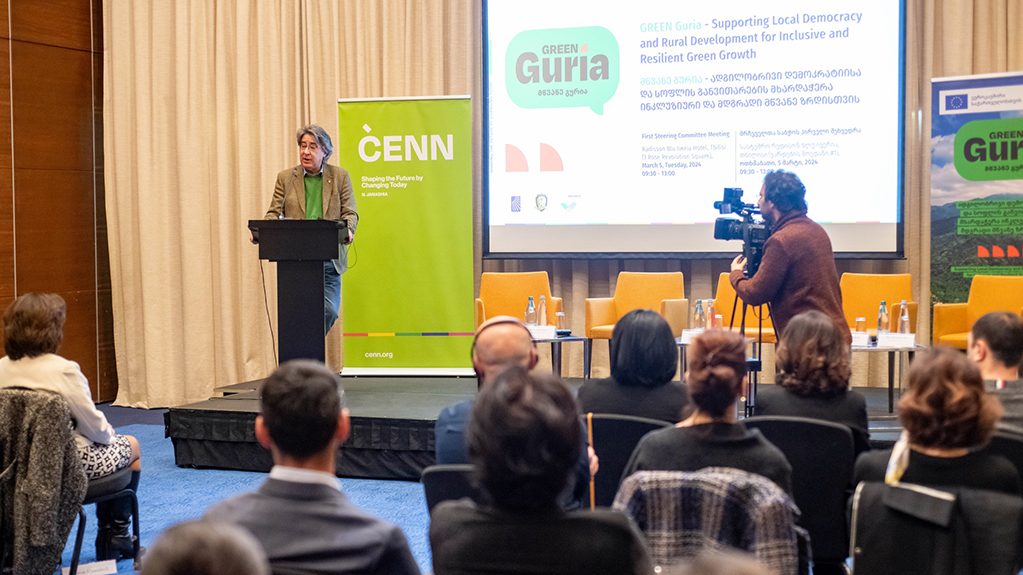The Caucasus Network of Environmental Organizations (CENN) has issued a statement, announcing that they have made a "tough but necessary decision at this stage" to register as so-called agents. The organization emphasizes their opposition to the Russian law and stresses that, while they distance themselves from it, their priority remains the preservation of the civil sector.
News
"The law in question threatens the principles enshrined in the Constitution of Georgia, undermines the country's European integration efforts, promotes destabilization, and stigmatizes the civil and media sectors, all of which negatively impact the country's development. [...]
CENN, in its vision, values, and activities, completely dissociates itself from this law and its requirements. However, given the current crisis in the country, our priority is to preserve the civil sector. This responsibility compels us to take actions that will enable the organization and the sector as a whole to continue serving society as it has for over 25 years, in full compliance with the law and in the best interests of the Georgian people. We approach this with the utmost responsibility.
For these reasons, CENN has made the difficult but necessary decision at this time to comply with the legal registration requirements while continuing to advocate and fight for a more democratic and free future for Georgia," the organization's statement reads.
At the end of the statement, CENN expresses its belief in Georgian society and its confidence that, through united efforts, the country will soon return to a pro-European path and continue its European integration. "In this process, the role of each of us is crucial - together we must contribute to the democratization of the country," states CENN.
The voluntary registration period for non-governmental and media organizations that receive more than 20% of their income from abroad, in the special registry created under the Russian law on so-called foreign agents, expired on September 2. From September 3, the Financial Monitoring Department of the Public Registry has the authority to inspect and fine any organization that refuses to register.
According to the latest information from the Ministry of Justice, 476 organizations voluntarily registered as "carrying the interests of a foreign power," which represents about 1.5% of the total number.
On September 5, it was reported that ten non-governmental organizations working on peace issues in Georgia had begun registering as so-called agents. They claim that if the Constitutional Court does not suspend the enforcement of the Russian law, they will be forced to complete the registration process.
Following public outcry, the Shame movement, which had been actively involved in opposing the Russian law, reconsidered voluntary registration. A number of organizations have since decided to halt their activities.
The Russian law has been challenged in the Constitutional Court. The plaintiffs - including the president, opposition MPs, non-governmental organizations, and media groups - argue that the law contradicts several articles of the constitution and should be repealed. They have requested that the Constitutional Court suspend the enforcement of the disputed provisions until a final decision is reached. In the coming days, it will be determined whether the court will admit the lawsuits (in whole or in part) and whether it will decide to suspend the law’s enforcement.















